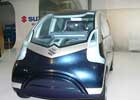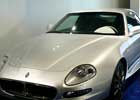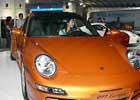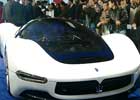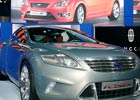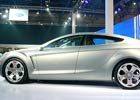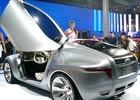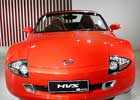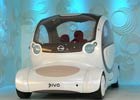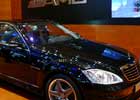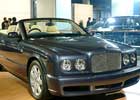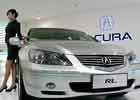| Tools: Save | Print | E-mail | Most Read |
| China Auto Industry Rebuts Critical US Report |
| Adjust font size: |
In its annual report published on November 16, the US-China Economic and Security Review Commission, under the US Congress, spearheaded the attack on China's auto industry policies, saying these have damaged US auto sector. Citing that China is now the fourth largest auto producer in the world and that the nation has adopted export-oriented policies, the report says that China's auto industry will witness huge over-capacity in 10 years. "China's automobile production capacity already exceeds domestic demand by 10 to 20 percent. This overcapacity is projected to grow to 8 million vehicles by 2010 and it is very likely that China will begin exporting vehicles to the United States within the next five to ten years," the report says. In contrast, the US auto industry is already confronted with problems like employee layoffs and output cut and stands to be further weakened. Joint ventures and cooperation between Chinese auto companies and overseas firms have also made the US commission uncomfortable. The report states that China is encouraging establishment of joint ventures to procure advanced technologies. Zhang Xiaoyu, director of the Association of Automotive Engineers of China, predicted that China's exports are likely to exceed imports for the first time this year. Statistics from the Ministry of Commerce also shows that China's auto products still possessed a trade deficit of US$2.7 billion last year. "It is true that China has some export-led policies in the auto industry like customs tariffs and export subsidies. However, the nation's auto industry hasn't squeezed into high rankings in the world auto industry," said Zhang Lei from Shanghai WTO Affairs Consultation Center. "The absolute volume of complete auto exports is not big and only makes up a tiny portion of the total auto output. The export growth rate just seems to be fast on a small basis." China's auto export will not produce a big impact on the US within five years, Zhang said. IPR problems in China have been a headache for overseas investors in China, but this has not dampened their enthusiasm in setting up joint ventures in China. Nick Reilly, president of General Motor Asia-Pacific, revealed that in the past four years, GM has invested nearly US$3 billion in China and will maintain this momentum. Zhang said: "In joint ventures, foreign partners have snatched up the bigger part of the profits although they don't say that."
(Photos by Staff Reporter Zhang Yunxing, from 2006 Beijing International Automotive Exhibition which opened on November 19 in Beijing and will be closed on Novemeber 27. )
(Shanghai Morning Post, translated by Yuan Fang for China.org.cn, November 22, 2006) |
| Tools: Save | Print | E-mail | Most Read |
 |
| Related Stories |
|
Product Directory China Search |
Country Search Hot Buys |


